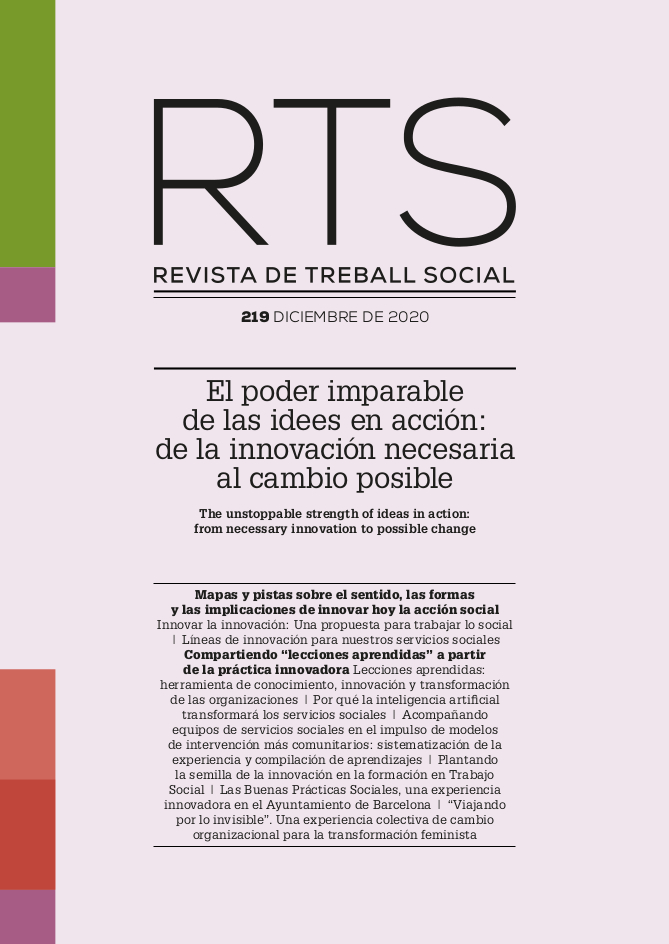We are immersed in an unstoppable, wide-ranging and profound technological evolution –the 4th industrial revolution– which for around fifteen years has been rapidly transforming all professional sectors through the mediums of big data and artificial intelligence. Although presently in Catalonia other sectors have taken a far greater leap in capitalising on novel smart technology tools, in the field of social services there is an increasing number of initiatives that seek to harness the potential of artificial intelligence to strengthen and improve public services and welfare systems, and help improve citizens’ quality of life.
Greater speed, security, efficiency and objectivity in professional decisions; efficient and quality diagnoses, prescriptions and pathways for people; personalisation of interventions, with scope to offer tailored and proactive recommendations; empowerment and versatility of professionals; enhanced support for personal autonomy and independent living, and more flexibility and housing diversity; strengthened preventive policies; strengthened community action for mutual assistance, self-organisation and participation; better planning by professional teams and services; greater economic efficiency; and, real-time assessment of the social impact of programmes and interventions, are some of the benefits that artificial intelligence will bring to the social service system in the coming years. In a much more complex society, with new demands and new forms of social vulnerability, innovating in social services in this respect becomes a necessity, rather than simply an option.





